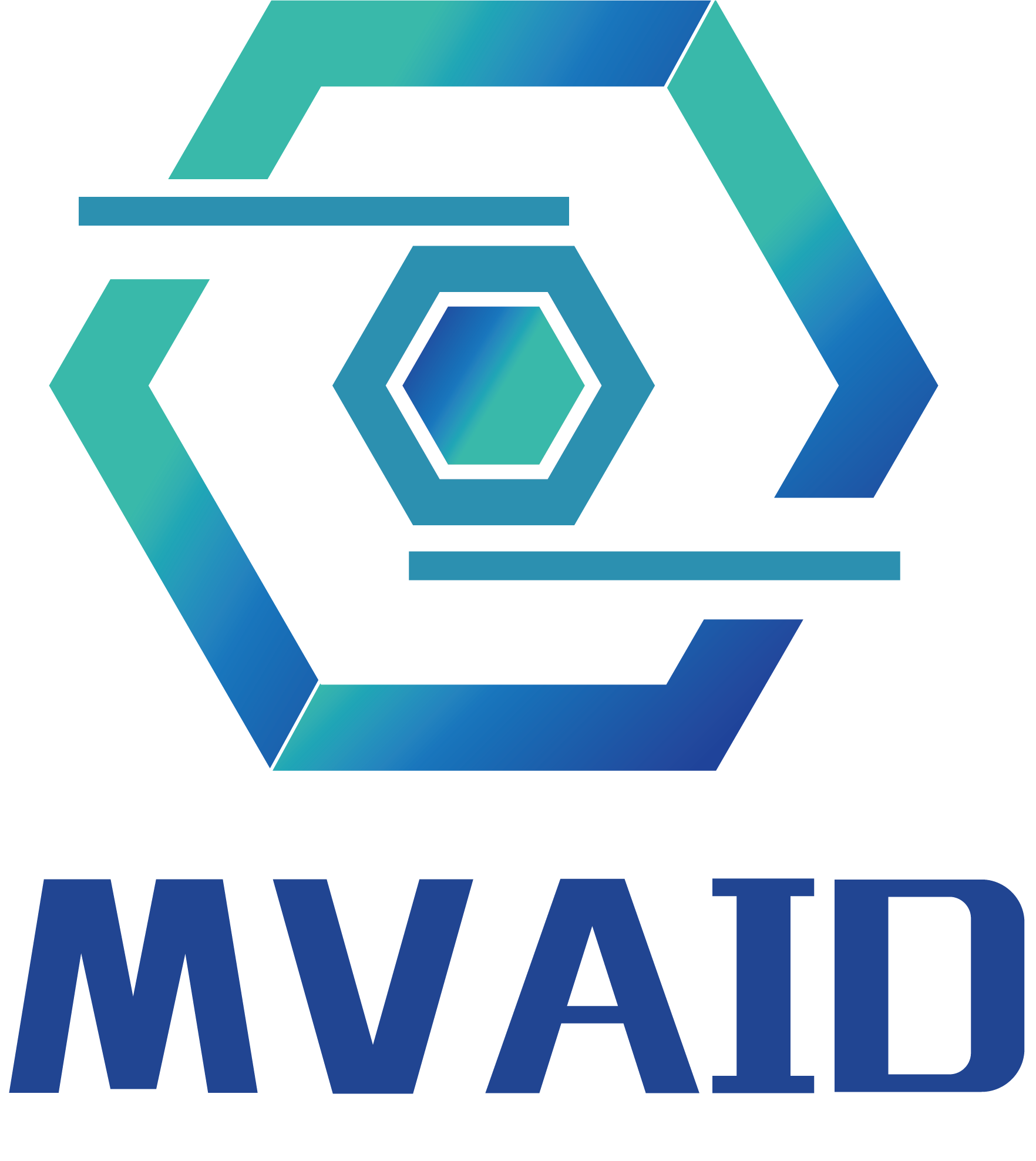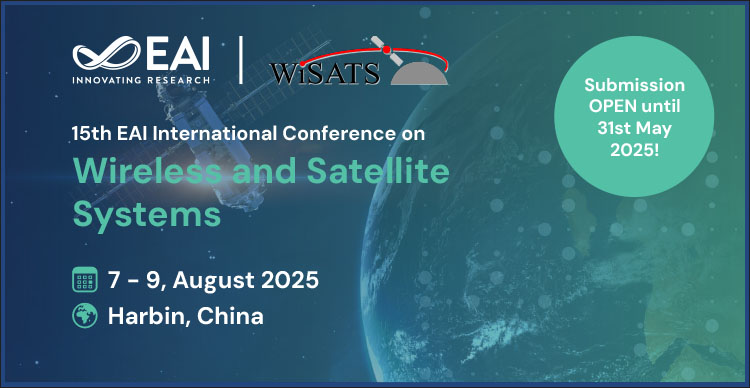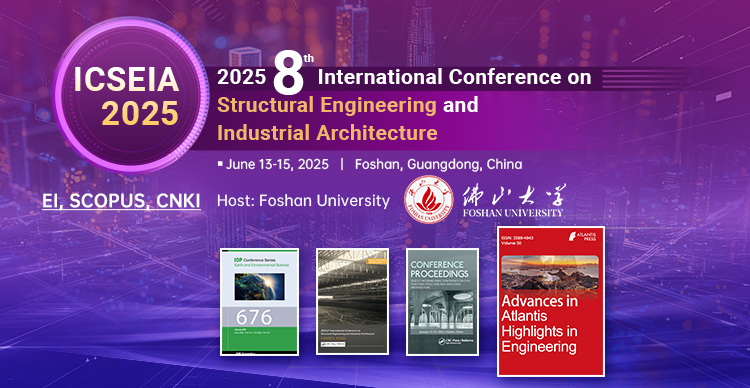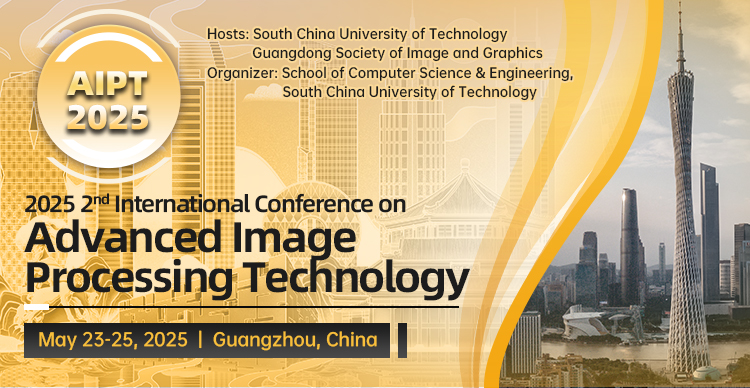2023 2nd International Conference on Machine Vision, Automatic Identification and Detection
(MVAID 2023)
Paper submission deadline: March 31, 2023
Registration Deadline: April 10, 2023
Conference Date: April 14-16, 2023
Conference Website: http://www.mvaid.net/
About the MVAID 2023
The ISCAIS 2023 focuses on the frontier research fields of new-generation information technology, information processing, communication technology, computer science fundamentals, computer software, computer networks, etc. The conference aims to promote the development of China's computer information field, expand international channels of scientific and technological academic exchange, build a platform for sharing academic resources, promote scientific and technological innovation on a global scale, and enhance academic cooperation between China and abroad. The conference also aims to encourage information exchange at the forefront of research in different fields, connect the most advanced academic resources at home and abroad, transform research results into industrial solutions, and bring together talents, technologies and capital to promote development.
Organizing Committee
Conference Chair

Prof. Yulin Wang, Wuhan University, China
Publication Chair
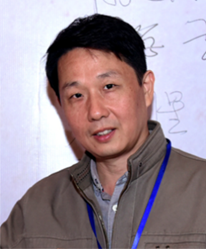
Prof. Renchao Jin, Huazhong University of Science and Technology, China
Technical Program Committee Chair
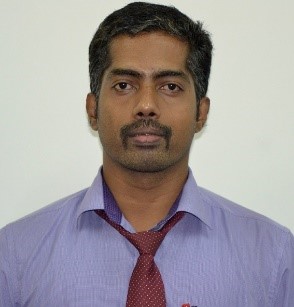
Prof. Kannimuthu Subramaniyam, Anna University, India
Keynote Speaker

Prof. Yulin Wang, Wuhan University, China
Yulin Wang is a full professor in the School of Computer Science, Wuhan University, China. His research interests include image and video processing, digital rights management, information security, intelligent system, e-commerce, IoT, code clone and so on. He got his PhD degree from University of London, UK. He got his master and bachelor degree from Huazhong University of Science and Technology(HUST)and Xi-Dian University respectively, both in China. Before joining the Wuhan University, he has worked in Hi-tech IT industry, including HUAWEI and national research institute, for more than ten years. He has involved more than 15 national and international research projects. In recently 10 years, Prof. Wang has published 1 book, and 50+ journal and conference papers, including in IEEE TIP. He holds 10 authorized patents. Prof. Wang served as EiC of 2 international journals and reviewer of top IEEE and ACM journals. He also served as reviewer of Innovative talents projects and national research funds, including National High Technology Research and Development Program of China. Prof. Wang was the external PhD advisor of Dublin City University, Ireland during 2008-2010. In recently 10 years, Prof. Wang served as chairman of more than 10 international conferences, and keynote speakers in more than 20 international conferences. Besides UK, he visited US, France,Italy, Portugal,Croatia, Australia, Germany, korea, Ireland,Singapore, Malaysia, Japan, and Hong Kong. In addition, Prof. Wang has been appointed as the deputy director of Hubei provincial science and technology commission (CAPD) since 2014.

Prof. Renchao Jin, Huazhong University of Science and Technology, China
He is a professor and doctoral supervisor at the Medical Image Information Research Center of the Institute of Digital Media, School of Computer Science and Technology, Huazhong University of Science and Technology. Currently, he mainly researches on deep learning, medical image processing and analysis algorithms, and medical device software development. Main academic contributions: (1) Invented a fast algorithm for solving the famous NP-hard SAT problem based on the idea of quasi-physical and quasi-sociological, and won the gold medal in the 1996 International SAT Problem Solving Competition; (2) Invented a three-dimensional CT Liver segmentation algorithm based on the level set active contour model and a Couinaud segmentation algorithm, provided intelligent solutions for liver surgery planning. Relevant software developed in cooperation with medical equipment enterprises has been integrated into the supporting software system of their CT machine products; (3) Invented a series of computer-assisted medical diagnosis and treatment algorithms, involving radiotherapy planning, 3D CT/MRI image segmentation, registration and keypoint localization algorithms based on deep learning, etc..
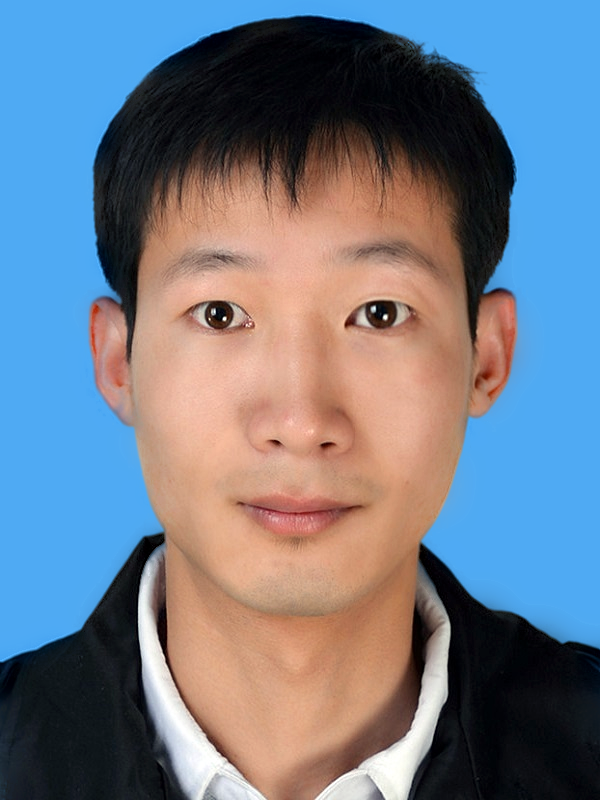
Prof. Jinshan Pan, Nanjing University of Science and Technology, China
Jinshan Pan is a professor of the School of Computer Science and Engineering, Nanjing University of Science and Technology. He received the PhD degree in computational mathematics from Dalian University of Technology. He was a visiting scholar in University of California, Merced and Harvard University. His research interests mainly include image/video restoration and enhancement and related computer vision problems. He has published more than 90 papers in premier conferences such as CVPR, ICCV, ECCV, and premier journals such as IEEE TPAMI and IJCV. He serves as an area chair for CVPR, a senior program committee member (SPC) of AAAI and IJCAI, and so on.
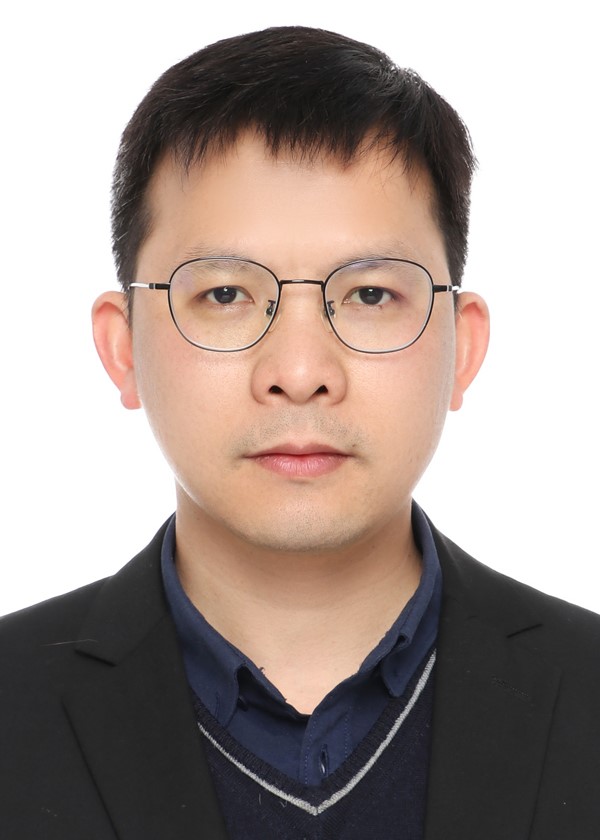
Prof. Cairong Zhao, Tongji University, China
Cairong Zhao is currently a Professor of College of Electronic and Information Engineering at Tongji University. He received a Ph.D. degree from Nanjing University of Science and Technology, an M.S. degree from Changchun Institute of Optics, Fine Mechanics and Physics, Chinese Academy of Sciences and a B.S. degree from Jilin University, in 2011, 2006 and 2003, respectively. He works on visual and intelligent learning, including computer vision, pattern recognition and visual surveillance. He has authored more than 40 journal and conference papers in these areas.
Publication
All accepted papers of MVAID 2023 will be published in the conference proceedings, which will be submitted to EI Compendex, Scopus for indexing.
Call for paper
Topics of interest for submission include, but are not limited to:
| Machine Vision | Automatic Identification and Detection Technology |
| Computer Vision Active Vision 3D-Vision Machine Learning Artificial Intelligence Big data & Data mining Deep Learning Image Processing Image Processing Methods Computational Imaging Machine Vision Machine Vision Systems and Components ... | Artificial Intelligence Techniques in Automatic Identification Biometrics (including face recognition) Document Processing and Recognition Advanced Learning Methods Linear Models and Dimensionality Reduction Natural Language Processing and Recognition face and gesture recognition Image Forensics and Identification Microcomputer Measurement and Control Device and System Sensor Technique & Application Automatic Detection and Conversion Technology Research and Application of Detection Technology and Automation Device Control, Operation and Maintenance of Automatic Detection System ... |
Submission Guidelines
Please submit your papers via the Online Submission System.
1) Manuscripts must be written in English;
2) The manuscript should be written in accordance with the standard of template; (Download the Template)
3) The paper should be no less than 5 pages and no longer than 12 pages;
Participation Method
If you are interested in attending MVAID 2023, please complete the registration on the Online Registration System.
Registration Fee
| Items | Registration Fee |
| Regular Registration for Paper (5-6 pages) | 490 USD/per paper (5-6 pages) |
| Author (Student,Committees) | 460 USD/per paper (5-6 pages) |
| Additional Page | 40 USD/One Page |
| Presenter Only | 175 USD |
| Listener | 145 USD |
Contact Us
Conference Secretary: Ms Lee
E-mail: icmvaid@163.com
QQ: 3280954869
Tel: +86-19880960280 (Wechat)

